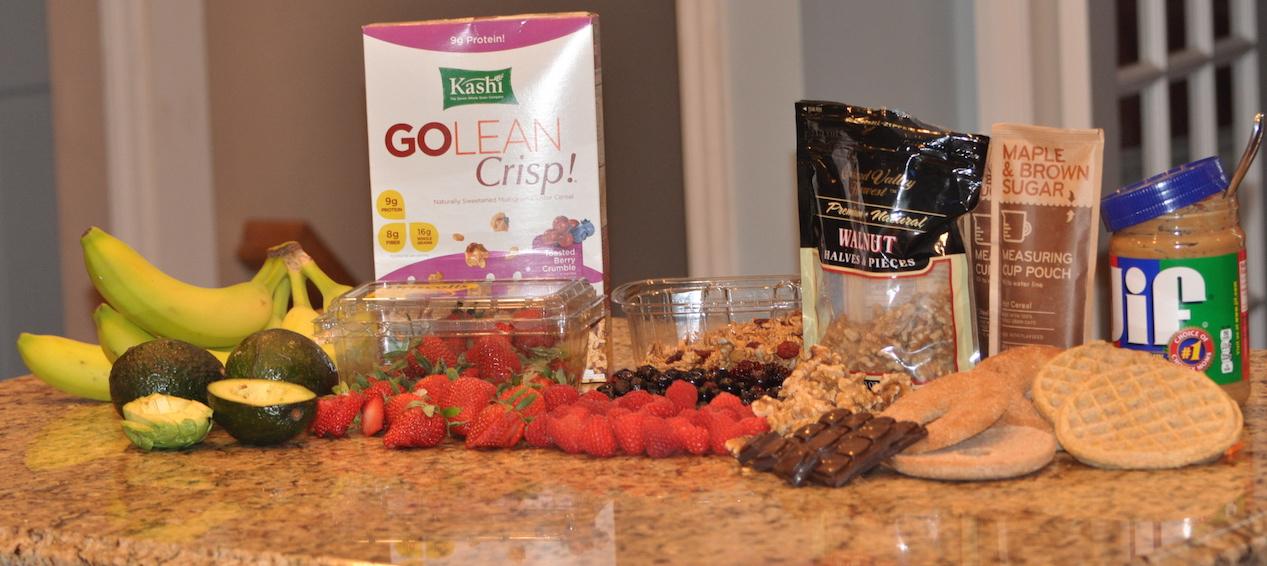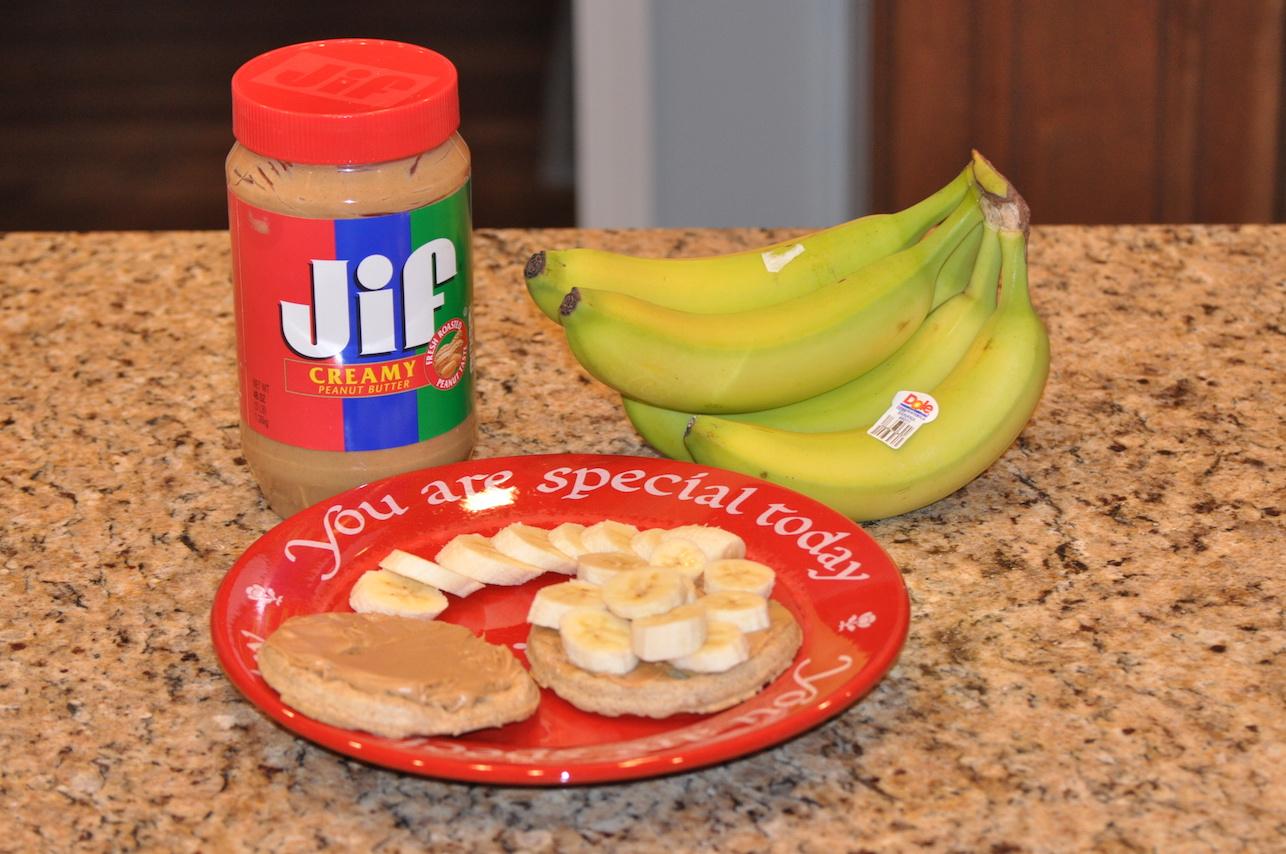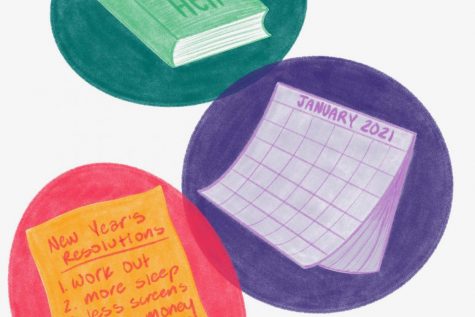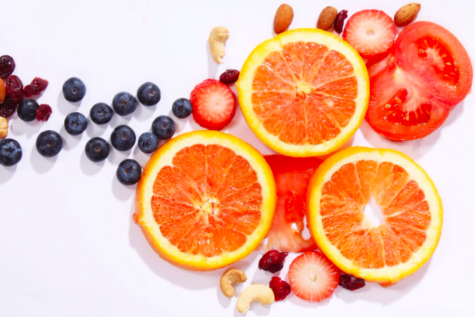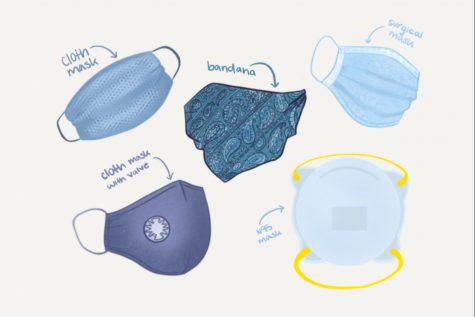7 Ways to Fuel Your Brain
Getting enough sleep is vital for your nervous system, thus crucial to your concentration, coordination and memory. But when a student’s lack of sleep is due to early morning reviews, demanding classes and other extracurriculars, sleep falls down the priority totem pole. There’s no magic potion to passing that Honors Precalculus test, but fueling your body appropriately comes fairly close to wizardry. While getting more sleep is extremely important to brain function, it is difficult for teens to receive the ideal amount of sleep. It is inevitable with the busy life of a high schooler for sleep to be sacrificed. So with that in mind here are some breakfast essentials to help subdue the detriments of a student’s lack of sleep.
BerriesAnna Mullendore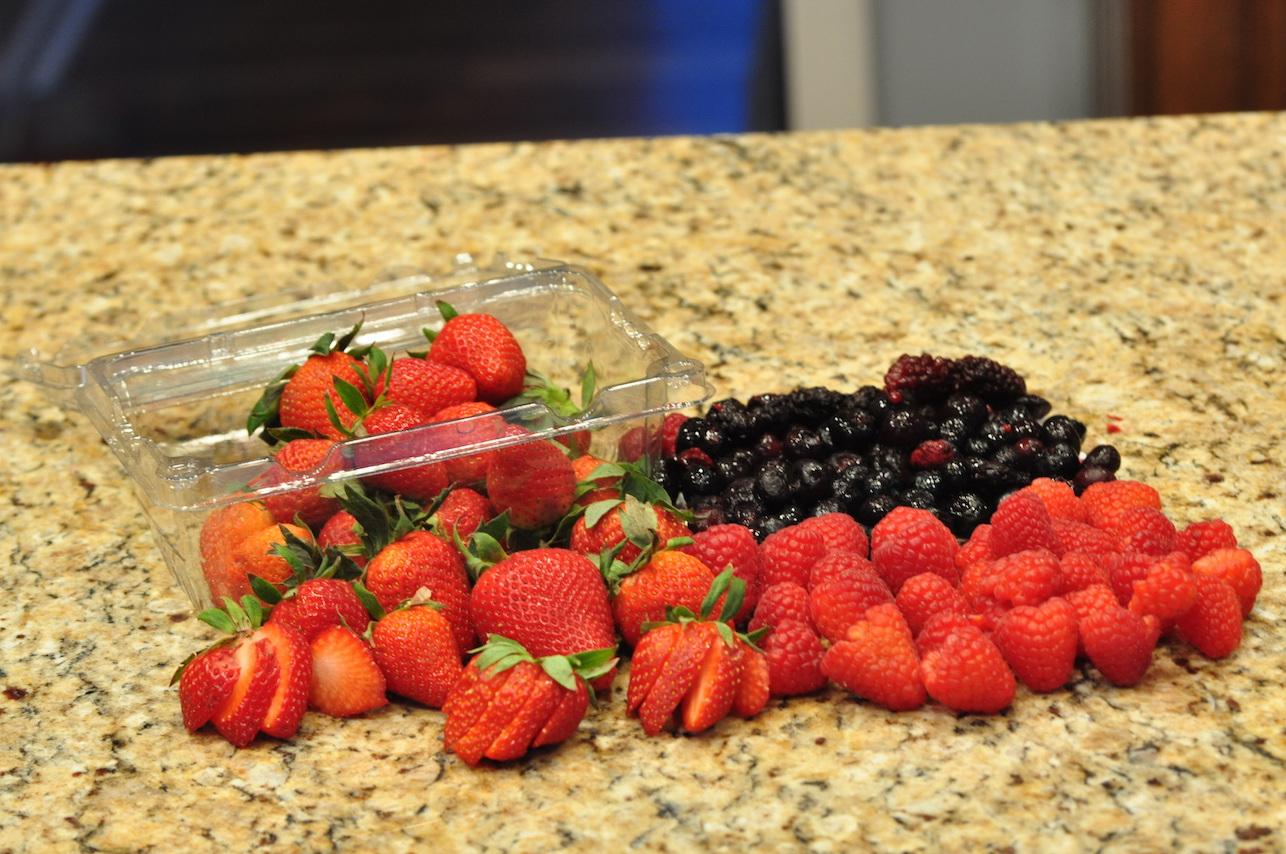
Instead of shoveling handfuls of potato chips while studying, satisfy that hunger by popping bite-sized berries. The antioxidants in cherries, strawberries, blueberries and raspberries are linked to short-term memory improvement. A study at the University of Illinois at Urbana-Champaign found blueberries have anthocyanin, a pigment found in fruits and flowers, which can stop the spread of cancer and block tumor growth.
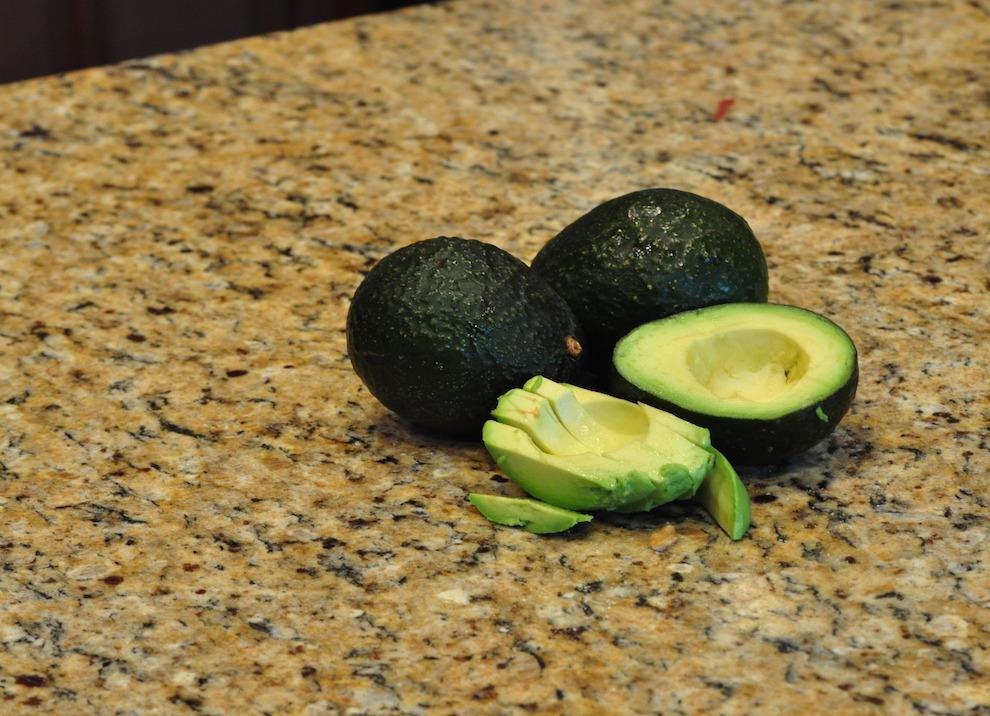 Anna Mullendore
Anna Mullendore
Avocados
This silky treat is a rich source of the antioxidant vitamins E and C. Researchers at the Department of Internal Medicine at Rush University found vitamins E and C lower the risk of developing Alzheimer’s. Also, avocados are filled with protein to keep your energy high and hunger at bay.
 Anna Mullendore
Anna Mullendore
Peanut Butter
Peanut butter, which is loaded with vitamin E, is just the wake up a high schooler needs. According to Health.com, although it is high in fat, peanut butter tends to be a source of healthy fats. It even keeps the heart and brain healthy and functioning properly.
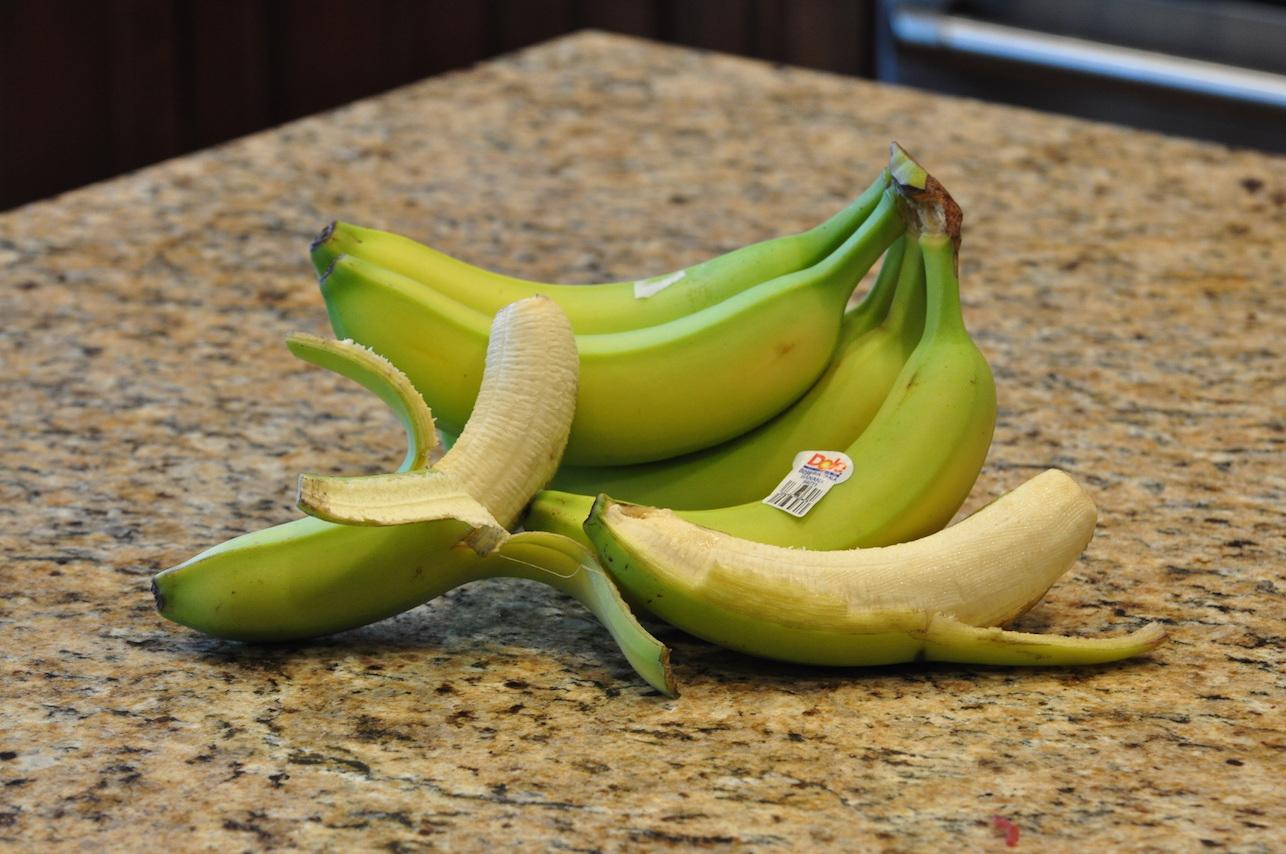 Anna Mullendore
Anna Mullendore
Bananas
Bananas contain just over 100 calories, less than half a gram of fat, no cholesterol and 3.5 grams of fiber. Also its’ high potassium and low sodium may help prevent high blood pressure in your cardiovascular system, according to the U.S. Food and Drug Administration (FDA).
Walnuts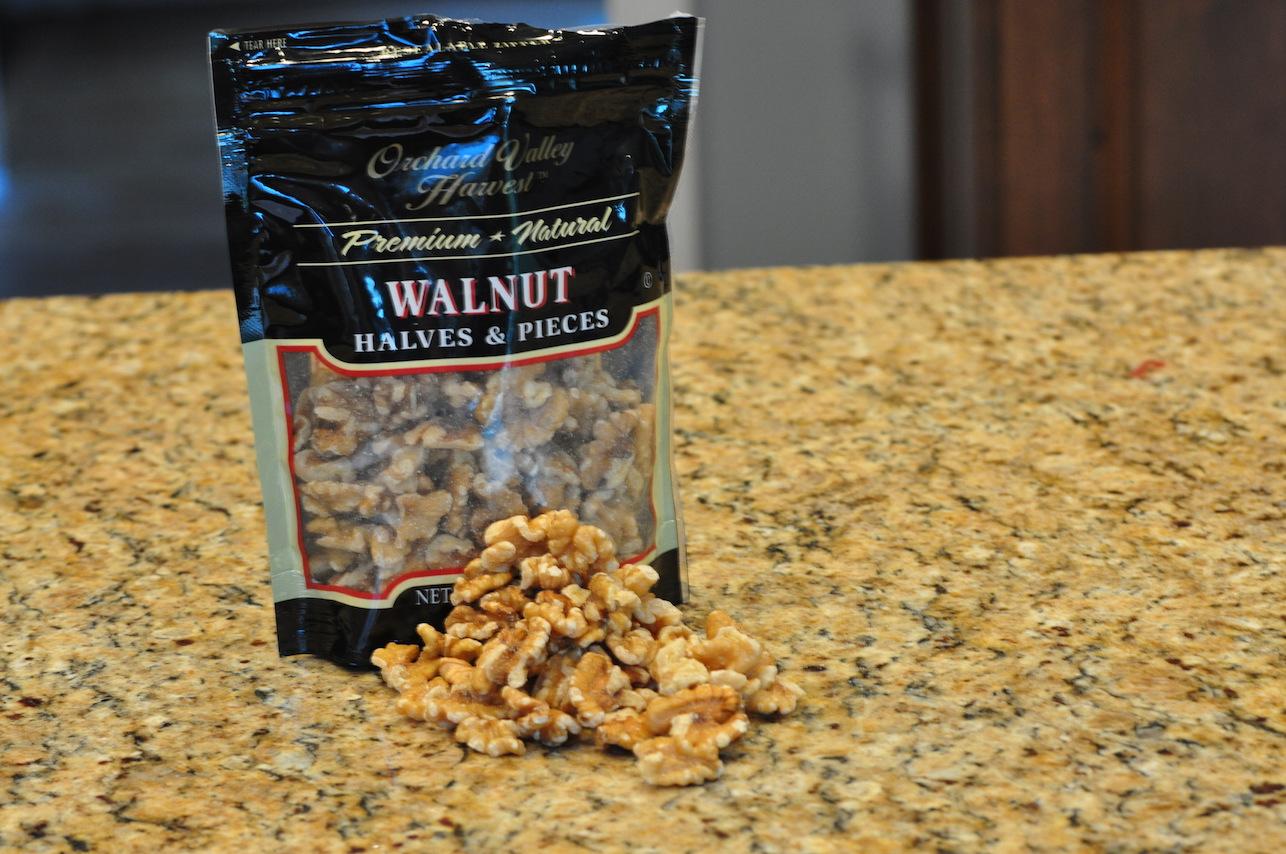 Anna Mullendore
Anna Mullendore
Walnuts are loaded with heart-healthy and anti-inflammatory nutrients and are the only good nut source of alpha linolenic acid (ALA), according to the Huffington Post Healthy Living. That means they help promote blood flow, therefore allowing adequate delivery of oxygen to the brain. A few handfuls of walnuts will keep you from dozing off in that dull afternoon class.
Anna Mullendore
Dark Chocolate
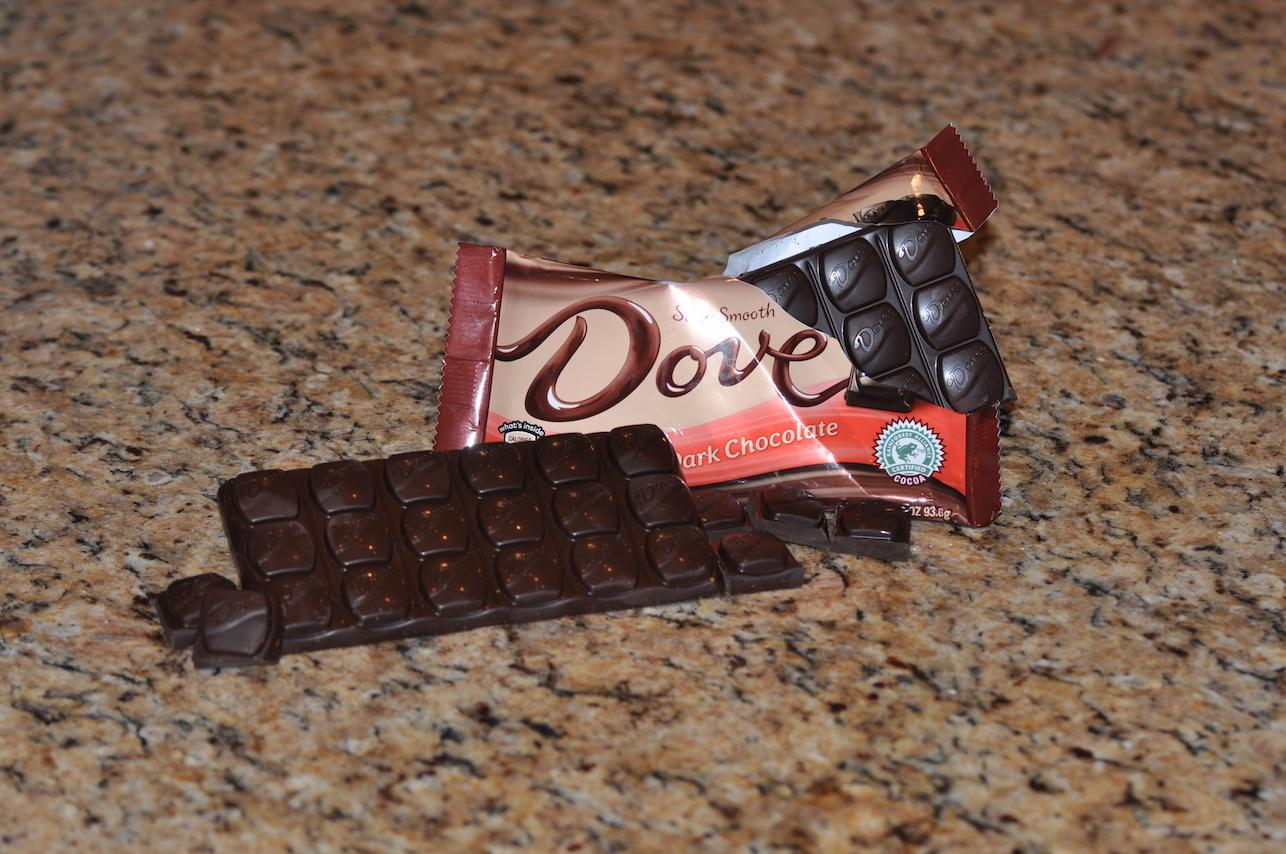 Chocolate, healthy? In a study at the University of California, San Francisco by Mary Engler and her colleagues, they discovered eating flavonoid-rich cocoa can improve blood vessel function, boost circulation throughout the body and blood flow to the brain, according to Huffington Post Healthy Living. These benefits may even reduce the formation of damaging clots, which could cause heart attacks and strokes. However, chocolate bars and other desserts contain high-fat ingredients so eat in moderation to avoid weight gain.
Chocolate, healthy? In a study at the University of California, San Francisco by Mary Engler and her colleagues, they discovered eating flavonoid-rich cocoa can improve blood vessel function, boost circulation throughout the body and blood flow to the brain, according to Huffington Post Healthy Living. These benefits may even reduce the formation of damaging clots, which could cause heart attacks and strokes. However, chocolate bars and other desserts contain high-fat ingredients so eat in moderation to avoid weight gain.
Whole grains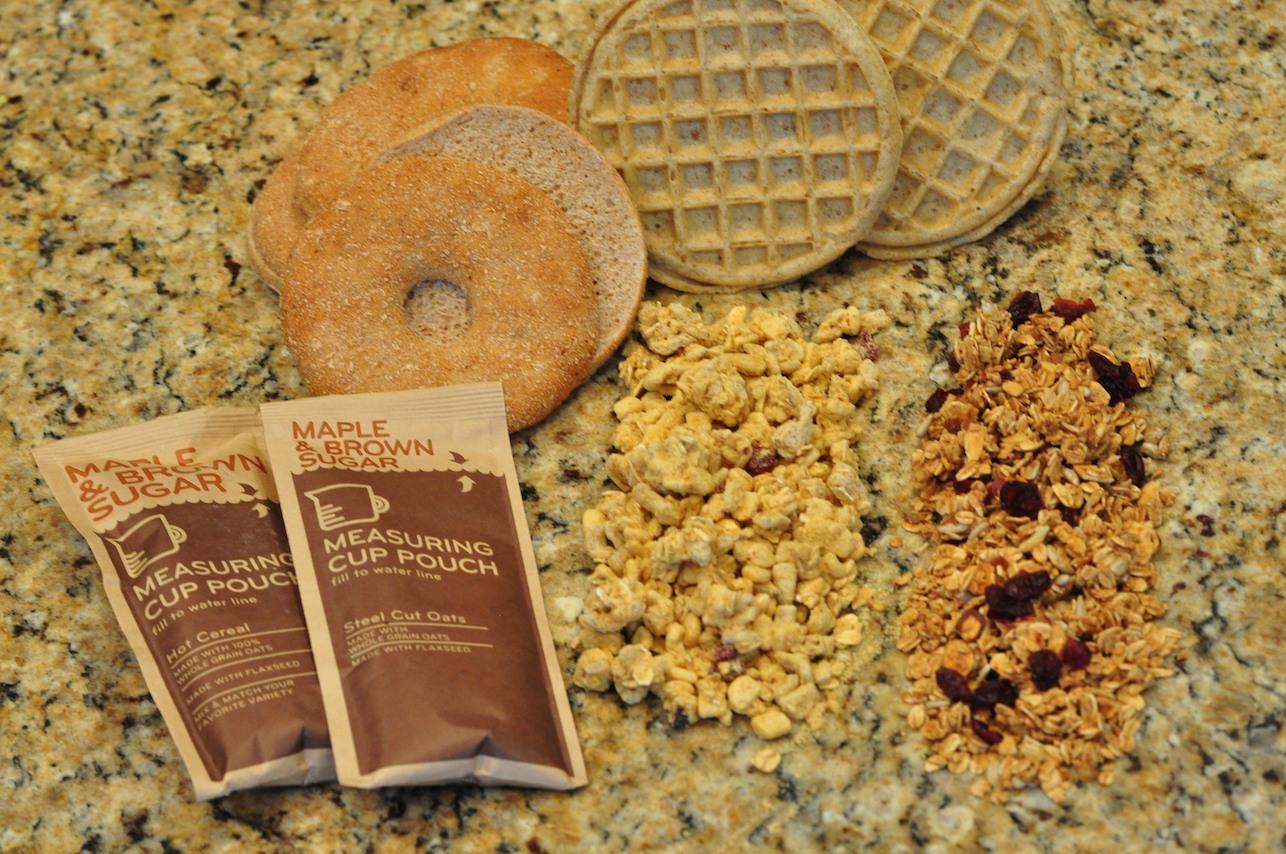 Anna Mullendore
Anna Mullendore
Carb-rich whole grain foods or other breakfast foods such as oatmeal, bran cereals or whole-wheat bagels provide your brain and body with quick glucose and sends it to your brain for better memory and concentration.
Brain Mana Breakfast Recipe
Time: 3 minutes
Ingredients:
2 or 1 frozen whole grain waffle(s)
2 tablespoons peanut butter (nutella might be tasty but not as brain healthy)
1 banana, thinly sliced
¼ berries (strawberries, blueberries or raspberries), thinly sliced
Directions:
Toast the waffle(s) as directed on the packaging.
Divided evenly, spread the peanut butter.
Top with berries and banana slices.
Enjoy!
Your donation will support the student journalists of Kirkwood High School. Your contribution will allow us to purchase equipment and cover our annual website hosting costs.

Grade: 12
Twitter handle: N/A
If you could be another Call staffer, who would you be?: I would be Katie Hackett because her wit is inspirational.
Interests: dogs,...


